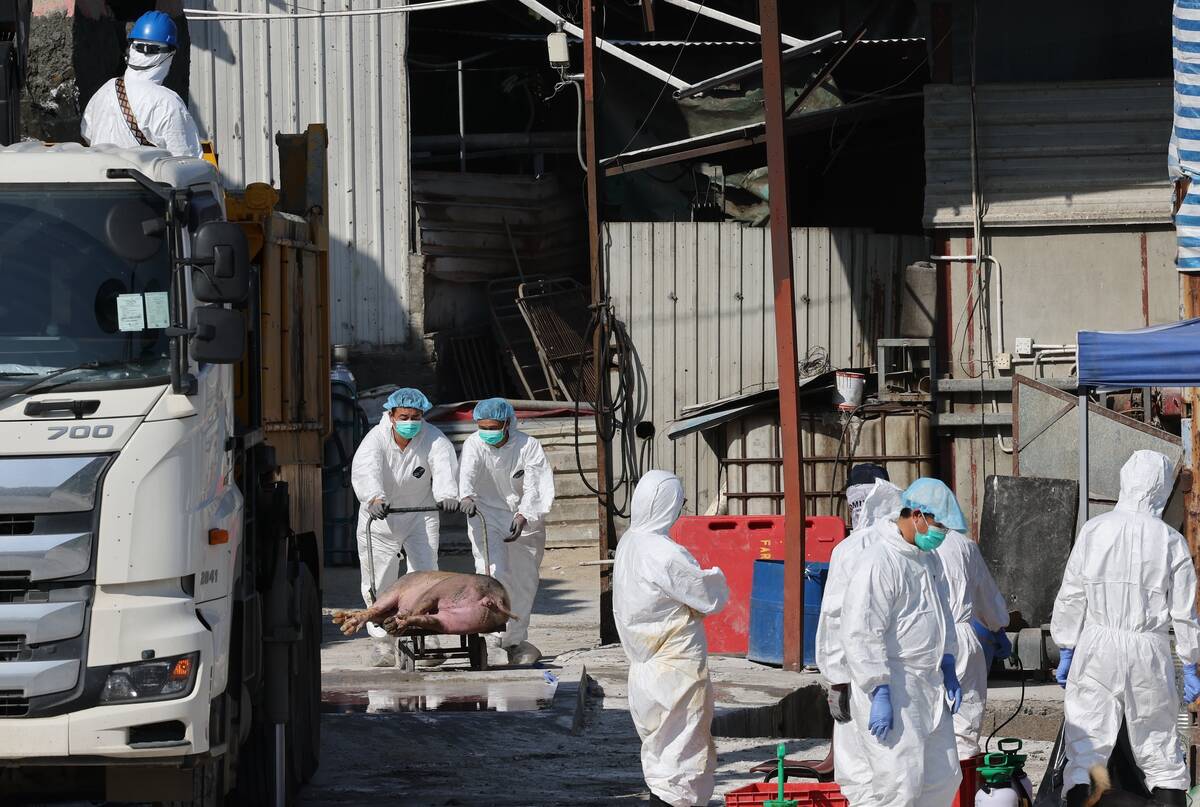MANHATTAN, Kansas — Meat processors will need to understand kosher and halal slaughter and handling requirements if they are to make more sales into Jewish and Muslim markets.
“From an industry point of view, it is not a religious proposition. You do this because you can make money, but if you do it, you have to follow all the rules,” said Joe Regenstein, retired professor from Cornell University in New York and head of the Cornell Kosher and Halal Food Initiative.
Kosher for Jews and halal for Muslims are a set of religious laws that tell followers what they can and cannot eat.
Read Also

Mixed results on new African swine fever vaccine
The new African swine fever vaccine still has issues, but also gave researchers insight into how virus strain impacts protection against the deadly pig disease.
Both have extensive rules relating to animal welfare and proper slaughter designed to respect and protect animals, Regenstein said at the international beef welfare conference held this summer in Manhattan.
“The goal is to produce good food that is scientifically, culturally, religiously and emotionally satisfying.”
The United States humane slaughter act includes a section on religious slaughter for the Jewish faith. However, the law is somewhat ambiguous, partly to protect freedom of religion, said Regenstein.
Work has also been done in recent years to make the slaughter process as humane as possible.
Animal welfare specialist Temple Grandin has designed a head chute for ritual slaughter so animals stand upright and the neck is visible.
Regenstein and Grandin support a European law that bans shackling and hoisting, but Latin American countries allow it because it speeds up the process.
“It is totally unacceptable from an animal welfare perspective,” he said.
“We need to improve animal welfare in religious and non religious slaughter, and I recognize there are plants that are not doing well. We need to look at the best plants for best practices,” Regenstein said.
Only a religiously and practically trained Jewish man called a schocet can slaughter kosher, while any adult Muslim can slaughter.
A sharp knife is sliced horizontally across the neck and the animal bleeds to death in less than a minute. The slaughter can be more than a single stroke of a knife but it has to be continuous. The razor sharp knife must not have any nicks in the blade.
Lack of eye reflex is believed to indicate brain death. However, if the animal struggled, something has been done wrong and intervention is needed.
“In the Muslim community, there are folks who accept pre-slaughter intervention before the religious slaughter. That is some form of reversible stunning, mostly electrical,” he said.
A rabbi for kosher, or imam for halal are presentto watch the process and say a blessing at slaughter.
“That is to ask permission to take the life of a sentient animal, which is consistent with their strong animal welfare beliefs and recognition that animals at some level are sentient beings,” he said.
Once the animal is killed under halal regulations, it can be placed in the regular inspection system.
Kosher requires inspections on internal organs, including the lungs internally and externally. It also requires deveining and removal of arteries and the sciatic nerve.
“It is impractical so as a practical matter, in western countries we do not eat the hind quarter,” said Regenstein.
Under kosher rules, the faithful are permitted to eat ruminants with split hoofs that chew cud. This does not include camels because they have padding on their feet and that is not considered a true split hoof. Muslims can eat camel.
Kosher fish allows those with fins and removable scales while Muslims permit anything that swims in the water.















